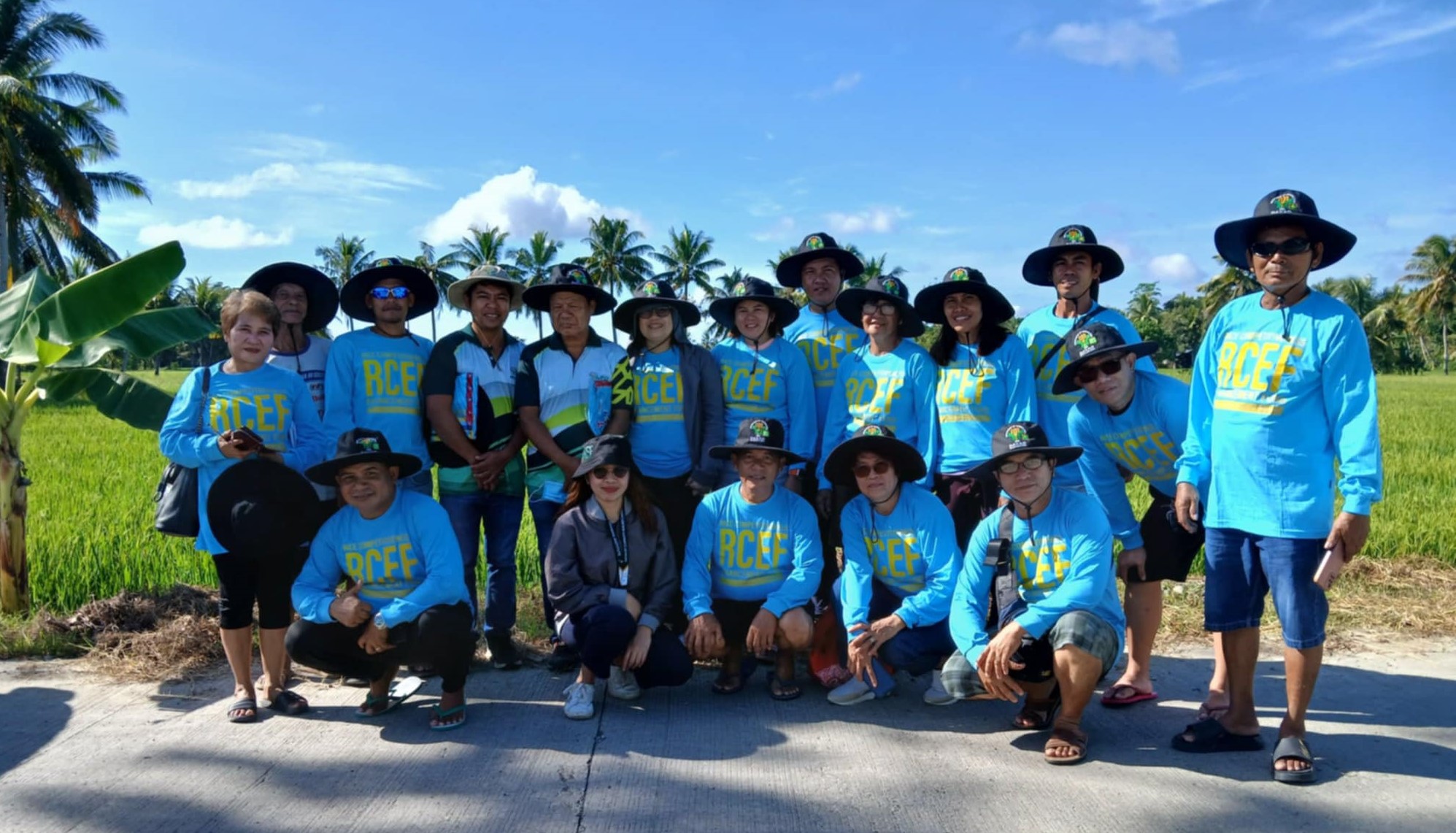
Panabo City– As part of the efforts to enhance rice productivity and ensure the availability of high-quality seeds, the Agricultural Training Institute-Regional Training Center XI, in collaboration with the Bureau of Plant Industry-National Seed Quality Control Services (BPI-NSQCS) and the Philippine Rice Research Institute (PhilRice)-Agusan, successfully conducted the Training on Inbred Rice Seed Production and Certification for Seed Growers from November 18 to 22, 2024 at ATI-RTC XI.
The training aimed to equip seed growers with essential knowledge of seed certification policies, guidelines, and practical skills for producing high-quality inbred rice seeds.
Mr. Philip M. Ostique, Senior Research Specialist II from PhilRice-Agusan, delivered an in-depth session on Integrated Cultural Management of Rice using the PalayCheck System, offering participants valuable insights into optimizing rice cultivation practices. Meanwhile, Ms. Mecris D. Raras, Technical Staff of ATI-RTC XI, discussed Harvest and Post-Harvest Practices of Rice, sharing practical strategies for improving post-harvest management.
A hands-on demonstration of laboratory seed testing and standards was led by Ms. Merceni P. Araño, Agriculturist II from BPI-NSQCS, while Mr. Eric Macahig, Laboratory Technician, presented an insightful session on Seed Health, focusing on critical factors for maintaining seed quality.
In addition to lecture-discussions, participants visited the Davao Multipurpose Seed Producers Cooperative (DAMSEPCO) in Tagum City to observe warehouse sanitation and proper stocking of rice sacks. The visit, facilitated by Mr. Jefferson O. Cerbito, Agriculturist II from PAGRO-Davao del Norte, reinforced the importance of post-harvest practices in maintaining seed quality.
During the culmination activity, participants reflected on their learning experiences. Mr. Ronald Solon from Nabunturan, Davao de Oro, expressed his gratitude, stating, “We are deeply thankful for the knowledge and opportunities provided in this training. This is just the beginning, and we are confident in our ability to produce high-quality seeds for our fellow farmers.”
Quality seeds are essential to improving rice yields. They ensure better emergence, uniform growth, reduced replanting, and early vigor, which collectively enhance pest resistance, suppress weed competition, and increase yields by 5–20%. However, many farmers face challenges such as limited access to quality seeds and insufficient knowledge of seed production.
Through this training, ATI-RTC XI aims to address these challenges by developing accredited seed growers capable of producing high-quality inbred rice seeds. This initiative empowers farmers in the Davao Region to achieve sustainable and productive rice farming, contributing to the region's agricultural growth and food security.
---
Writer: Babyglace R. Lanit





